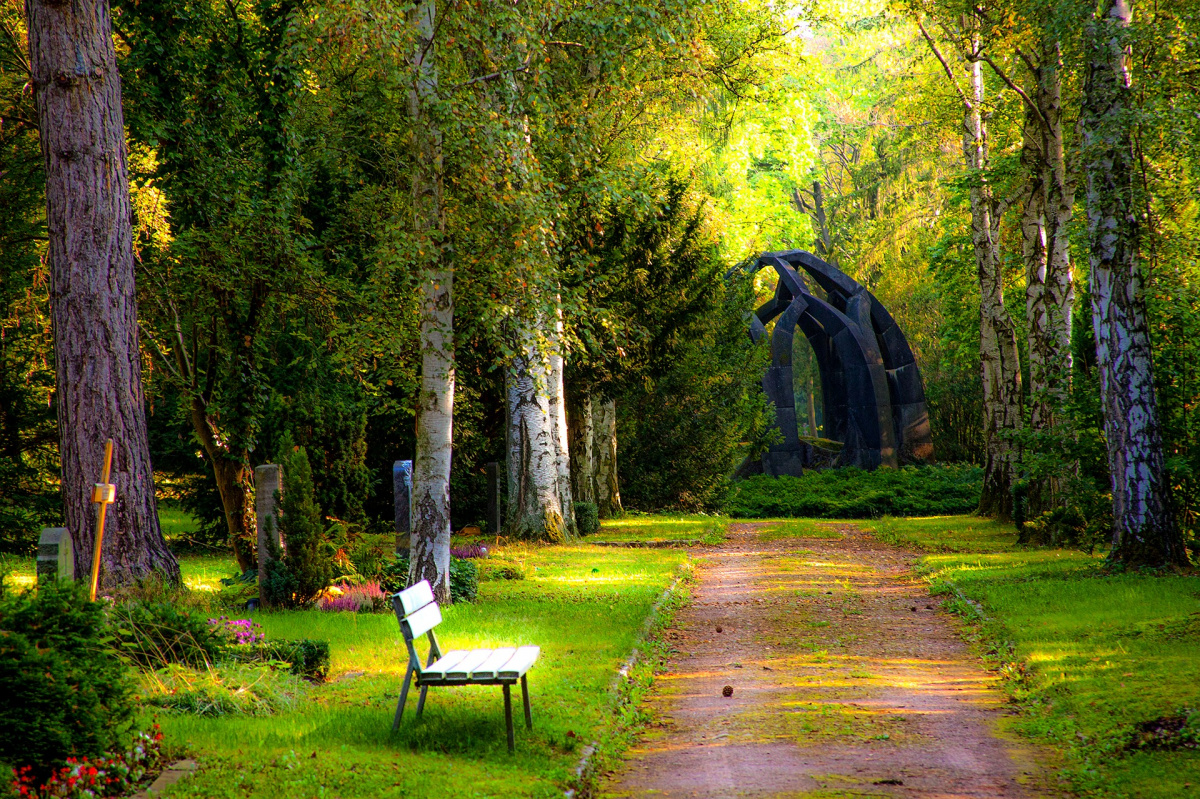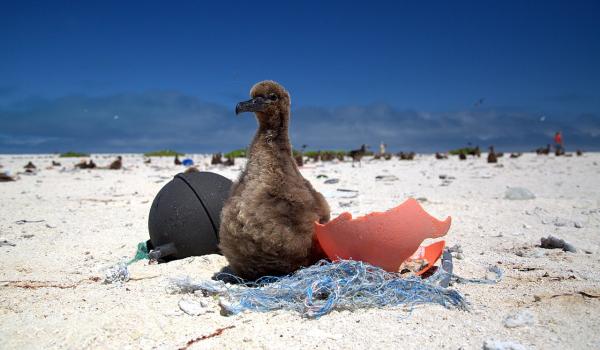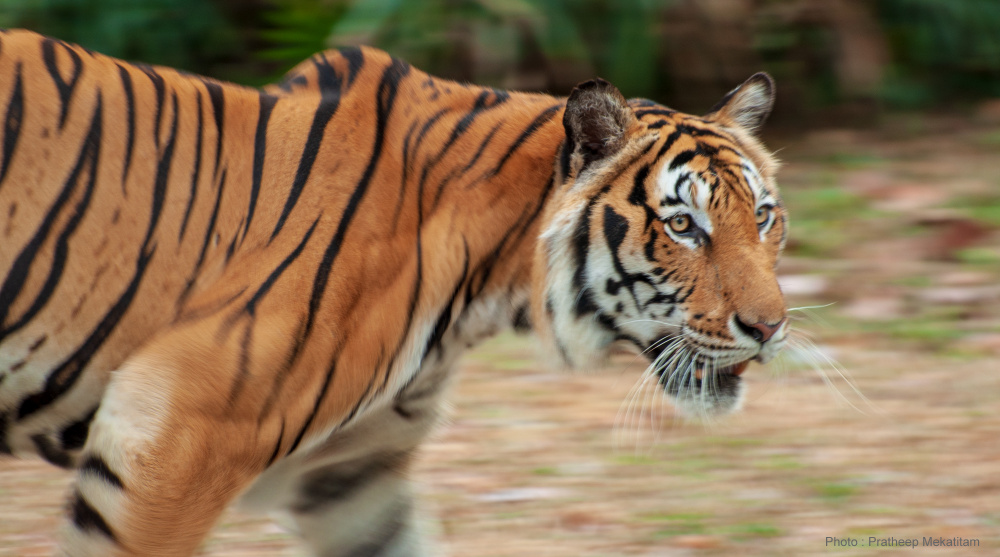First Advisory Committee meeting for Thailand Bio-Diversity Network Alliance emphasises importance of tackling plastic pollution
The first Advisory Committee for the Thailand Bio-Diversity Network Alliance (B-DNA) was held on January 17 at the IUCN Asia in Bangkok, Thailand.

Photo: Siriporn Sriaram, IUCN Thailand
Six out of eight committee members, including representatives from academic institutions, governmental agencies, and NGOs, attended the meeting.
The Advisory Committee will act as an impartial multi-stakeholder committee that will help to guide the actions of the platform, and to ensure comprehensive outcomes. Bringing the perspectives of representatives from different sectors will provide a broader scope for ideas, greater capacity for implementation at all scales, and consistent monitoring of outcomes and initiatives.
Dr. T.P. Singh, Deputy Regional Director, IUCN Asia, opened the meeting by welcoming the committee members, outlining the challenges ahead, and recognising the expertise of the members of the Advisory Committee.
 Photo: Siriporn Sriaram, IUCN Thailand
Photo: Siriporn Sriaram, IUCN Thailand
“With B-DNA Thailand, we have an Advisory Committee with many eminent people,” he said. “Dr. Wijarn Simachaya, Permanent Secretary of the Ministry of Natural Resources and Environment, Thailand, is giving his time for this Advisory Committee, showing Thailand’s foresight to conserve biodiversity. I would like to thank the Advisory Committee members, the team from Toyota, led by Mr. Yoshiaki Ishimoto, Vice President of (Toyota Daihatsu Environment Management), for making this alliance possible.
Dr. Wijarn Simachaya commented on the rarity of an alliance that aims to promote cooperation between the government, the civil society, and the private sector. He added that it was the importance of the mission that prompted him to devote his time to Thailand B-DNA.
 Photo: Siriporn Sriaram, IUCN Thailand
Photo: Siriporn Sriaram, IUCN Thailand
“The opening session of the ASEAN Tourism Forum 2019 the day before was devoted to combatting marine plastic pollution. Thailand’s Department of Marine and Coastal Resources would be working with other ASEAN countries to develop a framework to combat it. This is definitely the right time to link biodiversity conservation and plastic pollution,” said Dr. Wijarn Simachaya.
“IUCN is focusing on tackling plastic pollution at the moment and is currently exploring opportunities to collaborate with other relevant IUCN projects, such as the global MARPLASTICCs project,” said Ann Moey, Head of Communications for IUCN Asia and Project Manager for Thailand B-DNA. “Doing so will enable us to be more resource–efficient, capitalise on knowledge and achieve greater impact. “
B-DNA activities will include the facilitation of networking, capacity building, and the promotion of best practices.
A unique selling proposition of the platform is the project map Thailand B-DNA created. The map of Thailand includes Key Biodiversity Areas, as well as Toyota’s and IUCN’s conservation projects. Members’ projects will also be included in the future, creating a comprehensive map of biodiversity conservation projects in the country.
Thailand B-DNA members can use the map to see where their business operations and value chains are in relation to Thailand’s most important environmental assets. The broad range of projects shown on this map should also help companies identify where and how they would like to be involved in conservation and sustainable development initiatives across the country.
With extensive experience as a convenor, IUCN, acting as the alliance’s secretariat, aims to facilitate dialogue and collaboration on sustainability projects.
Following the IUCN’s work plan presentation, committee members provided recommendations for the B-DNA platform, under the themes of sustainability, cooperation, and innovation - the three primary concepts the members see motivating the platform. One of the recommendations included the need for the alliance to conduct more awareness raising activities for the private sector.
To date, 13 members have been recruited, and a soft launch event at Conference of the Parties to the Convention on Biological Diversity Sharm El-Sheikh, Egypt, in November, 2018, shared the mission of B-DNA more broadly.
Thailand B-DNA will officially be launched on International Biological Diversity Day on May 22. On that day, the alliance will also be conducting its first capacity building workshop.
About Thailand Bio-Diversity Network Alliance (B-DNA)
The Thailand Bio-Diversity Network Alliance (B-DNA) is the country’s first and only national Business and Biodiversity platform. The overall goal of the platform is to strengthen the Private Sector’s role in nature conservation in Thailand, with a focus on biodiversity and contributing to achieving the Sustainable Development Goals and Aichi Biodiversity Targets. B-DNA provides companies the opportunity to build their awareness and capacity for sustainability, and to network and collaborate on conservation projects across Thailand. B-DNA’s founding partners are IUCN and Toyota.



